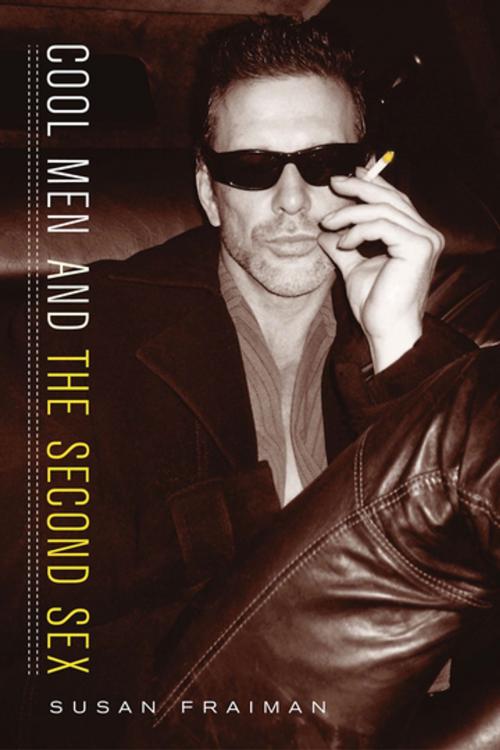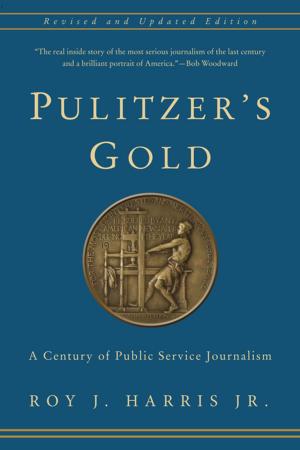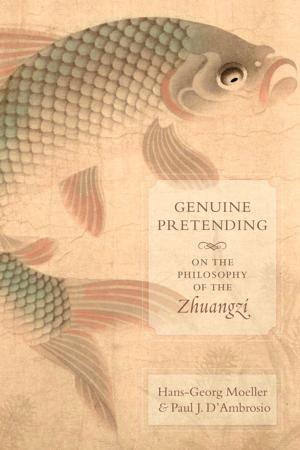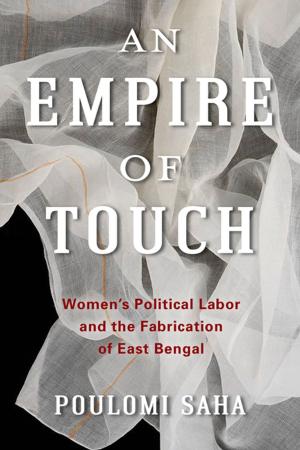Cool Men and the Second Sex
Fiction & Literature, Literary Theory & Criticism, Feminist Criticism, Nonfiction, Social & Cultural Studies, Social Science| Author: | Susan Fraiman | ISBN: | 9780231503327 |
| Publisher: | Columbia University Press | Publication: | October 22, 2003 |
| Imprint: | Columbia University Press | Language: | English |
| Author: | Susan Fraiman |
| ISBN: | 9780231503327 |
| Publisher: | Columbia University Press |
| Publication: | October 22, 2003 |
| Imprint: | Columbia University Press |
| Language: | English |
Academic superstars Andrew Ross, Edward Said, and Henry Louis Gates Jr. Bad boy filmmakers Quentin Tarantino, Spike Lee, and Brian de Palma. What do these influential contemporary figures have in common? In Cool Men and the Second Sex, Susan Fraiman identifies them all with "cool masculinity" and boldly unpacks the gender politics of their work.
According to Fraiman, "cool men" rebel against a mainstream defined as maternal. Bad boys resist the authority of women and banish mothers to the realm of the uncool. As a result, despite their hipness—or because of it—these men too often feel free to ignore the insights of feminist thinkers. Through subtle close readings, Fraiman shows that even Gates, champion of black women's writing, and even queer theorists bent on undoing gender binaries, at times end up devaluing women in favor of men and masculinity.
A wide-ranging and fair-minded analysis, Cool Men acknowledges the invaluable contributions of its subjects while also deciphering the gender codes and baring the contradictions implicit in their work. Affirming the legacy of second-wave feminist scholars and drawing as well on the intersectional work of third-wavers, Cool Men helps to reinvent feminist critique for the twenty-first century.
Academic superstars Andrew Ross, Edward Said, and Henry Louis Gates Jr. Bad boy filmmakers Quentin Tarantino, Spike Lee, and Brian de Palma. What do these influential contemporary figures have in common? In Cool Men and the Second Sex, Susan Fraiman identifies them all with "cool masculinity" and boldly unpacks the gender politics of their work.
According to Fraiman, "cool men" rebel against a mainstream defined as maternal. Bad boys resist the authority of women and banish mothers to the realm of the uncool. As a result, despite their hipness—or because of it—these men too often feel free to ignore the insights of feminist thinkers. Through subtle close readings, Fraiman shows that even Gates, champion of black women's writing, and even queer theorists bent on undoing gender binaries, at times end up devaluing women in favor of men and masculinity.
A wide-ranging and fair-minded analysis, Cool Men acknowledges the invaluable contributions of its subjects while also deciphering the gender codes and baring the contradictions implicit in their work. Affirming the legacy of second-wave feminist scholars and drawing as well on the intersectional work of third-wavers, Cool Men helps to reinvent feminist critique for the twenty-first century.















